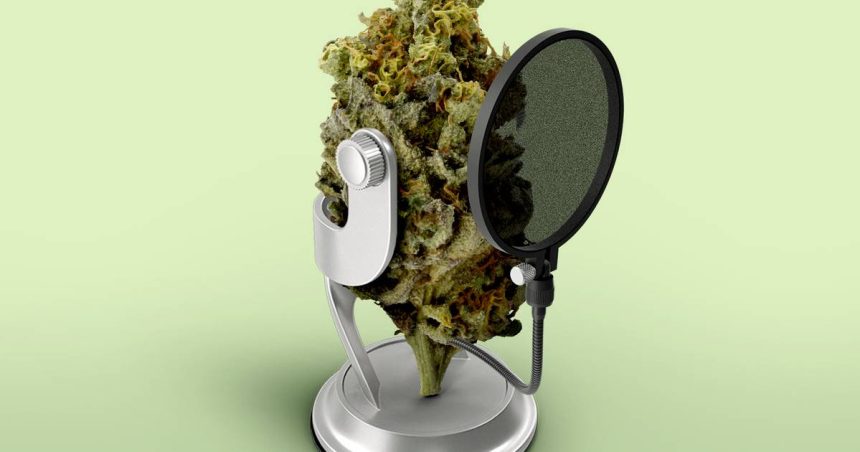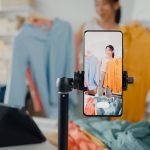Get marketing news you’ll actually want to read
The email newsletter guaranteed to bring you the latest stories shaping the marketing and advertising world, like only the Brew can.
Cresco Labs, one of the largest cannabis companies in the US, is running a campaign on Spotify, marking a first for the brand.
The ads promote its Sunnyside dispensaries and are running in Illinois, where marijuana is legal. The campaign encompasses 30-second audio ads, in-app digital banners, programmatic advertising, native ads, and connected TV.
For cannabis brands, advertising across tech platforms can be complicated. While X recently updated its ad policy to allow for cannabis advertising in states where it’s legal, it’s not permitted on platforms including Google and Meta, though the latter two allow certain CBD and hemp brands to advertise in some instances.
According to Spotify, Cresco Labs is not the first company that sells THC products to advertise on its platform, though cannabis-related advertising is restricted in some respects. Spotify spokesperson Erin Styles told us “certain cannabis-related products,” like CBD, can be advertised on the platform in a restricted capacity, while ads that “explicitly promote the sale of other cannabis-related products, including flowers, vapes and associated products such as rolling papers” are not permitted.
However, for cannabis companies, branding campaigns that don’t mention particular products are permitted on Spotify; Cresco Labs’s ads reference its “wellness products” without explicitly mentioning cannabis.
“We’ve been in close contact with Spotify for years, at least since I’ve started here at Cresco Labs in 2019,” Matt Pickerel, Cresco Labs’s VP of retail marketing, told us. “Throughout our conversations, we’ve made it clear that Cresco Labs and Sunnyside are responsible, professional cannabis advertisers.”
Considering Big Tech’s restrictions on cannabis advertising, brands in the space have often turned to other channels, like podcasts and experiential marketing. They have also looked to ad-tech companies, which can geofence digital campaigns to states where cannabis is legal, customize programmatic advertising to run on publishers that accept their ads, and target users who are at least 21.
Read the full article here







